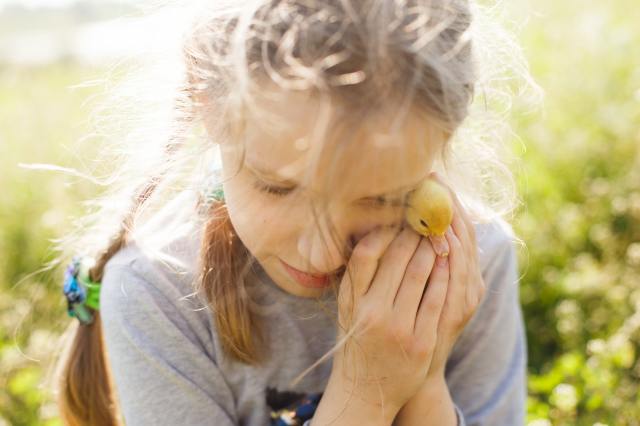I love you. Three simple words that most of us throw around loosely and take for granted.
We say them when we hang up the phone, when a loved one leaves the house, and when we kiss our little one good night. And sometimes just out of habit. It’s something a mother hears a million times over a lifetime—unless your child is nonverbal. Then you might never hear it.
It’s one of those things that most don’t even think about. I have told my daughter “I love you“ every day multiple times a day for her whole life. She begins to respond and say, “You too” and then makes the kiss sound, which I will do back and she will do again and I will do back—you get the picture. And that’s okay, I’ll take it. It’s her way, and she didn’t start doing that until she was in her upper teens. It’s still special to us.
This past summer, she said “I love you” unprompted, on her own, for the first time ever. She has only said it two other times since then—it is wonderful every time. It’s quick and not 100 percent clear so you have to listen, pay attention.
There are some that question if people with autism display emotions. I have no doubt my daughter loves—I know she does, and I don’t need the words, but they are nice to hear. I think for her to say it, she has to truly feel it and be happy and content. The same thing with unprompted hugs and kisses. She does them, but they are rare. Lots of hugs on command but not on her own. That makes them all the more rewarding.
Yesterday on her way to school, she was standing by the car and I was getting her stuff, and she said, simply, “I love you.“ It’s so shocking still. It makes me feel so happy, and of course, I say, “You do!?! Thank you!” And make a big deal out of it.
The thing with autism and having someone nonverbal in your life. You learn to appreciate the little things. In fact, the little things are not so little. You have to open your heart and listen. When you think you hear something, you have to believe. Believe in your child. Believe in your love and believe in what the future may bring.
